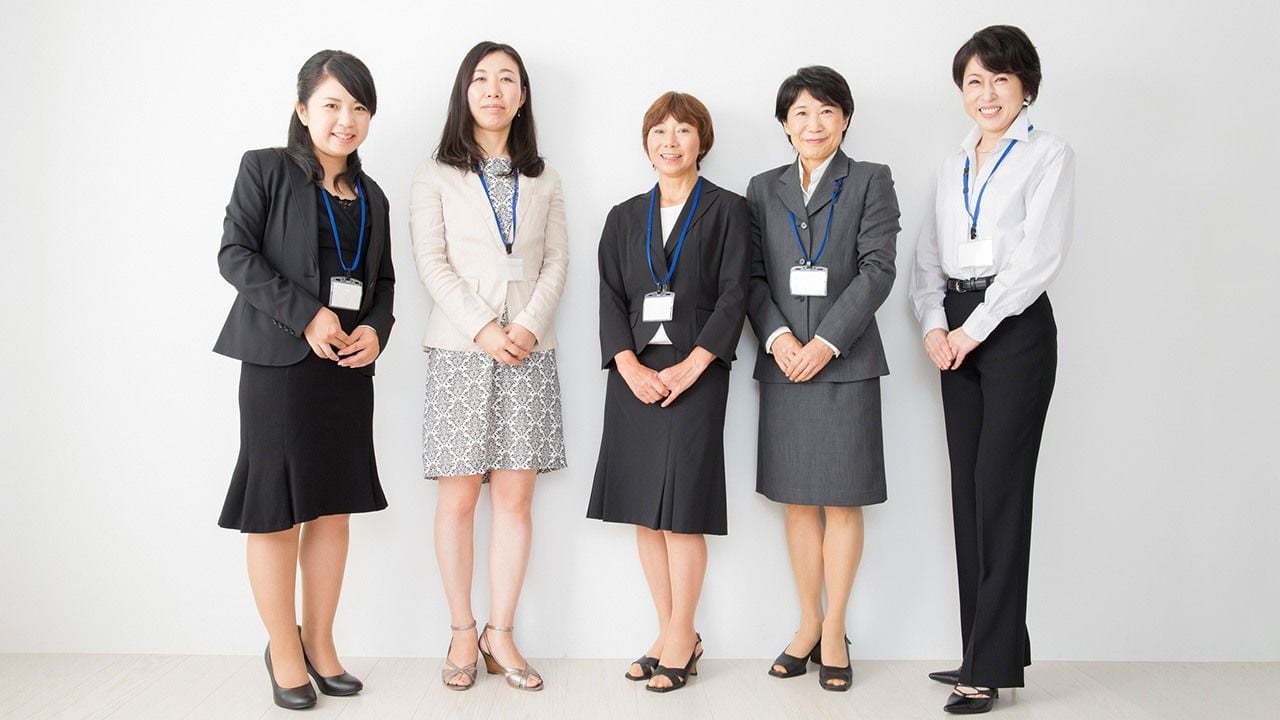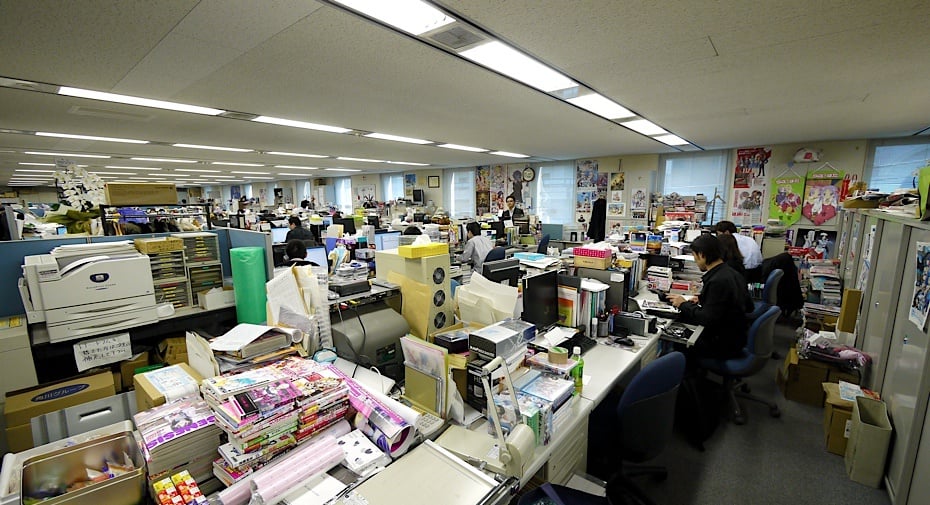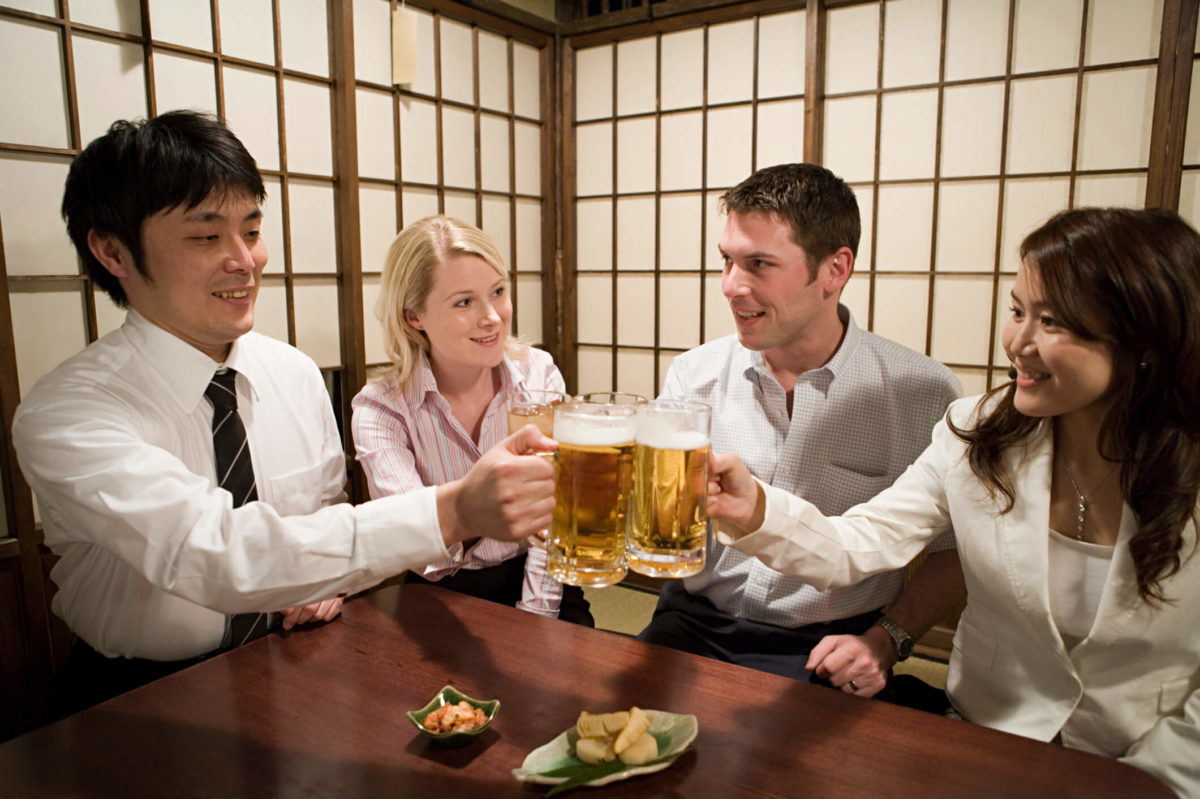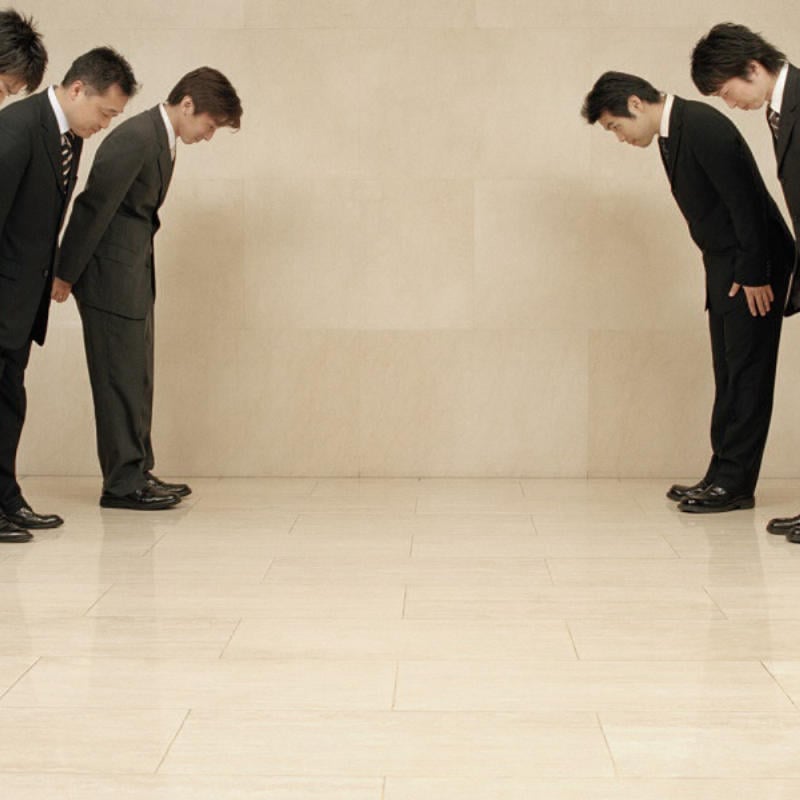Are you planning to work in Japan? Or maybe you have just landed a job in Tokyo and are curious about what to expect from the work culture there. Japanese work culture is known for its unique practices that have evolved over the years. It is essential to understand these customs and be prepared for them before starting your job. In this blog, we will take an in-depth look at what to expect when working in Japan. From dress codes and hierarchy to long working hours and business etiquette, we will cover it all. We will also discuss the pros and cons of this work culture, along with some essential tips for succeeding in a Japanese workplace. So let’s dive right in!
What To Expect Working In Japan
When working in Japan, there are several key aspects of the work culture that you can expect. First and foremost, there is a strong emphasis on punctuality and adherence to schedules. Japanese employees value time and strive to be on time for meetings and appointments.
Additionally, the work environment in Japan is highly structured, with clearly defined roles and responsibilities. Hierarchy is an important aspect of Japanese culture, so respect for authority is emphasized. It’s important to understand the hierarchy within your workplace and act accordingly.
Another aspect of working in Japan is the potential for long work hours. Japanese employees often display a strong dedication to their job and may work overtime to ensure tasks are completed. This level of dedication is influenced by the collectivist mindset, where the needs of the group often take precedence over individual desires.
In conclusion, working in Japan means embracing a culture that values punctuality, adheres to a structured work environment, emphasizes hierarchy and respect, and encourages a strong dedication to one’s job. Understanding and adapting to these unspoken rules will contribute to a successful experience in Japan’s work culture.
An Average Work Day In Japan
Dress Code At Japanese Workplaces
In Japanese workplaces, the dress code is typically formal and conservative. Japanese employees are expected to dress professionally and maintain a neat appearance. Traditional attire, such as suits and ties for men and skirts or dresses for women, is often preferred. Adhering to the dress code is seen as a sign of respect for the company and its culture. Understanding and following the dress code is crucial for fitting in seamlessly with Japanese work culture. Dressing appropriately reflects the level of dedication and professionalism expected in Japan’s work culture. By adhering to the unspoken rules of dress code, employees demonstrate their commitment to group harmony and show respect for the Japanese way of doing business.
Open-plan Workspace
Japanese companies embrace open-plan workspaces as a means to foster collaboration and communication within their workforce. These shared spaces promote a sense of unity and teamwork among employees, allowing for easy interaction and idea exchange. The open-plan layout reflects the collectivist nature of Japanese work culture, emphasizing the importance of working together towards a common goal. Adapting to an open-plan workspace is vital for integrating into the Japanese work environment and demonstrating a level of dedication to the company’s goals. By embracing this modern approach to office design, Japanese firms create an environment that encourages innovation and productivity, ultimately contributing to their success in the global market.
Drinking After Work
In Japanese work culture, after-work drinking, also known as “nomikai,” is a widespread tradition. It serves as a means to cultivate relationships and foster camaraderie among colleagues. During these outings, it is essential to be mindful of one’s alcohol consumption and adhere to proper etiquette. Nomikai events provide valuable networking opportunities, allowing employees to expand their professional connections. Understanding the significance of drinking in Japanese work culture is crucial for socializing and forming meaningful associations. By participating in nomikai, Japanese employees embrace the unspoken rules that contribute to group harmony and strengthen interpersonal bonds. It’s important to note that while drinking after work is prevalent in Japan, it may not be as common in other countries like the USA, especially in the tech sector. However, foreign workers in Japan are encouraged to embrace this aspect of Japanese culture as it showcases their level of dedication and willingness to integrate into Japan’s work culture.
Punctuality
In Japanese work culture, punctuality is greatly emphasized. Being on time is considered a sign of respect towards colleagues and superiors. In fact, arriving early is often expected as it demonstrates dedication and commitment to the job. Conversely, tardiness is generally frowned upon and may be perceived as unprofessional behavior. Embracing punctuality is crucial for adhering to the expectations of Japanese work culture, which places a strong emphasis on being timely and reliable. By valuing punctuality, Japanese employees contribute to the overall efficiency and productivity of the workforce. It is an unspoken rule that is deeply ingrained in Japanese work culture and reflects the country’s commitment to discipline and order.
Politeness
Politeness is deeply ingrained in Japanese work culture, acting as a fundamental building block for professional interactions. The use of polite language and the demonstration of respect towards colleagues and superiors are considered essential. One common way to show deference is through bowing, which serves as a customary greeting and signifies one’s reverence. Furthermore, maintaining harmony and avoiding confrontations are highly valued. By embracing politeness, a positive work environment can be fostered, allowing for stronger relationships to be formed among Japanese employees. This emphasis on politeness extends beyond the workplace, permeating various aspects of Japanese society. By adhering to these unspoken rules, individuals contribute to the overall group harmony and cultivate a reputation for professionalism.
Long Working Hours (Overtime)
Japanese work culture is renowned for its long working hours, which is an important aspect to understand and adapt to in order to thrive in Japanese workplaces. Overtime work is often expected and considered a demonstration of dedication among Japanese employees. The concept of work-life balance may differ from Western countries, placing a higher emphasis on perseverance and commitment to work. It is crucial to manage workload effectively and prioritize self-care amidst the demanding work hours. This unspoken rule of long working hours in Japan’s work culture reflects the value placed on group harmony and the level of dedication expected from employees. By familiarizing oneself with these aspects of Japanese work culture, foreign workers can navigate this unique work environment successfully.
Hierarchy and Ranks (Collectivist)
In Japanese work culture, hierarchy and seniority play a significant role. Following the chain of command and showing respect for authority are crucial aspects. It is expected to address superiors with appropriate honorifics, reflecting the importance placed on hierarchical relationships. Understanding the hierarchical structure and navigating the ranks are essential for effective communication within the workplace. Adapting to the hierarchical system is key to fitting into Japanese work culture, as it emphasizes the importance of maintaining harmony and unity among employees. By recognizing and respecting the established hierarchy, Japanese employees contribute to the overall group harmony and ensure smooth operations within the organization. This unique feature of Japanese work culture sets it apart from other countries, like the USA, where the tech sector often values more flat organizational structures. The level of dedication and perseverance exhibited by Japanese employees, even in the face of exhaustion, speaks volumes about the unspoken rules and traditional work practices that shape Japan’s work culture.
Is Japan A Hard-Working Country?
Japan’s strong work ethic and long work hours have led to the perception of it being a hard-working country. The concept of “hard work” is highly valued in Japanese society, and overtime work, known as zangyo, is common. Efforts have been made to address the issue of overwork, but the perception remains prevalent.
What Does Karoshi Mean?
Karoshi is a term that refers to death or serious health consequences caused by overwork. It is often a result of long work hours and excessive stress. The Ministry of Health, Labour, and Welfare in Japan has taken measures to prevent karoshi, encouraging companies to implement policies that promote work-life balance and prevent overwork. The awareness of karoshi has sparked discussions about work culture and the importance of employee well-being.
Common Business Etiquettes in Japan
When doing business in Japan, it is important to be aware of the common business etiquettes that are followed. Bowing is a traditional form of greeting in Japanese culture and is often used in business settings as well. Another important ritual is the exchange of business cards, known as meishi, which should be done respectfully. Japanese business settings generally have a conservative and formal dress code. During meetings, there is often a structured format, with seating arrangements based on hierarchy. It is considered polite to show active listening through nodding and maintaining eye contact. By understanding and respecting these unspoken rules, foreign workers can navigate the Japanese work culture more effectively.
Essential Tips for Succeeding in Japan’s Work Culture
When working in Japan, there are essential tips to keep in mind for success in the country’s work culture. Punctuality is highly valued, so it’s important to arrive on time or even a few minutes early. Showing respect to colleagues and superiors is crucial, which can be done through the use of honorific language and bowing when appropriate. Communication should be clear and concise, avoiding direct criticism or confrontation. Collaboration and teamwork are highly valued, so paying attention to group dynamics and working together is important. Taking initiative and prioritizing the needs of the company over personal goals is also key. By following these tips, foreign workers can navigate and succeed in Japan’s work culture with greater ease.
The Role of Hierarchy and Seniority in Japanese Corporations
Hierarchy and seniority play a prominent role in Japanese work culture. Deeply ingrained, they create a sense of order and stability within corporations. Senior employees are highly respected and hold decision-making power, while junior employees are expected to show deference and follow their superiors’ lead. Advancement within the company is often based on seniority rather than merit. This hierarchical structure reflects the value placed on experience and loyalty in Japanese culture.
In Japanese corporations, the importance of hierarchy and seniority is evident in both formal and informal settings. It extends beyond the workplace and into social interactions, with unspoken rules dictating how employees interact with one another. These norms foster group harmony and reinforce the idea of putting the needs of the organization above personal ambitions.
This emphasis on hierarchy and seniority can be quite different from work cultures in other countries, like the United States. While the tech sector in the USA may prioritize innovation and individual contributions, Japanese firms value the collective effort and level of dedication from their employees. Understanding and respecting these traditional work practices is crucial for foreign workers in Japan.
Traditional Vs. Modern Japanese Work Practices
Traditional Japanese work practices have long emphasized strict adherence to rules and procedures, with a focus on hierarchy and seniority. However, modern Japanese work practices have begun to show some changes, incorporating increased flexibility and the influence of technology. This has allowed for more remote work options and has prompted some companies to address the issue of overwork and promote a better work-life balance. Despite these changes, it’s important to note that traditional values and practices continue to hold significant influence in many Japanese workplaces. The Japanese way of work still emphasizes perseverance, group harmony, and a high level of dedication. As Japan looks to the future, it will be interesting to see how these traditional practices continue to evolve alongside the influence of the global workforce and the tech sector.
Socializing with Co-Workers in Japan
Socializing with co-workers is a crucial aspect of Japanese work culture. It plays a significant role in building relationships and fostering camaraderie among colleagues. In Japan, it is common for employees to socialize after work by going out for drinks or karaoke. These social events provide an opportunity for colleagues to bond outside of the workplace and strengthen their professional connections.
When socializing with co-workers in Japan, it is important to be aware of the proper etiquette. For example, it is customary to offer to pay for others’ drinks as a way of showing respect and gratitude. Additionally, conversations during these social events may also touch upon work-related topics, further strengthening the professional network.
Even if you do not drink alcohol, it is still important to attend and actively participate in these social gatherings. It demonstrates your commitment to building relationships with your colleagues and shows that you value teamwork and collaboration.
In conclusion, socializing with co-workers is an integral part of Japanese work culture. By participating in these events, you can establish meaningful connections with your colleagues and contribute to a positive and harmonious work environment.
Pros and Cons of Japanese Work Culture
Japanese work culture has its share of pros and cons. On the positive side, it promotes discipline, dedication, and attention to detail among Japanese employees. The strong emphasis on teamwork fosters collaboration and loyalty, creating a sense of unity in the workforce. However, there are also drawbacks. The long work hours in Japan can lead to a poor work-life balance and take a toll on mental and physical health. Additionally, the strict adherence to hierarchy may discourage creativity and innovation, as employees may feel hesitant to voice their ideas or challenge established norms. Moreover, the pressure to conform to societal expectations can be challenging for some individuals. It’s important to consider both the benefits and drawbacks of Japan’s work culture when navigating the professional landscape in this country.
Frequently Asked Questions
What Is Work Culture In Japan Like?
Japanese work culture is known for its strong emphasis on teamwork and respect for authority. Overtime work is common, and punctuality is highly valued. Business attire tends to be conservative and formal.
How Many Hours A Day Do Japanese Work?
In Japan, the standard workday usually lasts for 8 hours. However, there is a culture of working overtime, and many Japanese employees put in extra hours. It is not uncommon for them to work 10-12 hour days or even longer, leading to concerns about work-life balance and burnout.
What Are The Similarities Between Workplaces In Japan And America?
Both Japan and America share similarities in their workplace cultures. Punctuality and professionalism are highly valued in both countries. Hard work and dedication are also important qualities. Additionally, employees in both countries often work long hours with limited vacation time. However, it’s crucial to consider the significant cultural differences between Japanese and American workplaces.
Should You Work In Japan?
Considering the unique and rewarding experience of working in Japan, it’s essential to understand the cultural differences beforehand. Japanese work culture is demanding and hierarchical, emphasizing teamwork with long hours. Before committing, assess your personal goals and priorities.
Conclusion
In conclusion, understanding the Japanese work culture is essential for anyone planning to work in Japan. From the average work day to dress codes and socializing after work, there are certain expectations and norms that you need to be aware of. The long working hours and hierarchical structure can be challenging for some, but it’s also important to note the strong emphasis on politeness and respect. It’s crucial to adapt to these cultural differences and approach them with an open mind. By understanding and respecting Japanese work practices, you can successfully navigate the workplace and build positive relationships with your colleagues. If you have any questions or personal experiences to share about Japanese work culture, feel free to leave a comment below.
Sources
https://doi.org/10.26099%2F77tf-5060
https://globisinsights.wpengine.com/purpose/values/japanese-work-culture-guide/
https://japantoday.com/category/national/cool-biz-campaign-begins-across-japan-1









